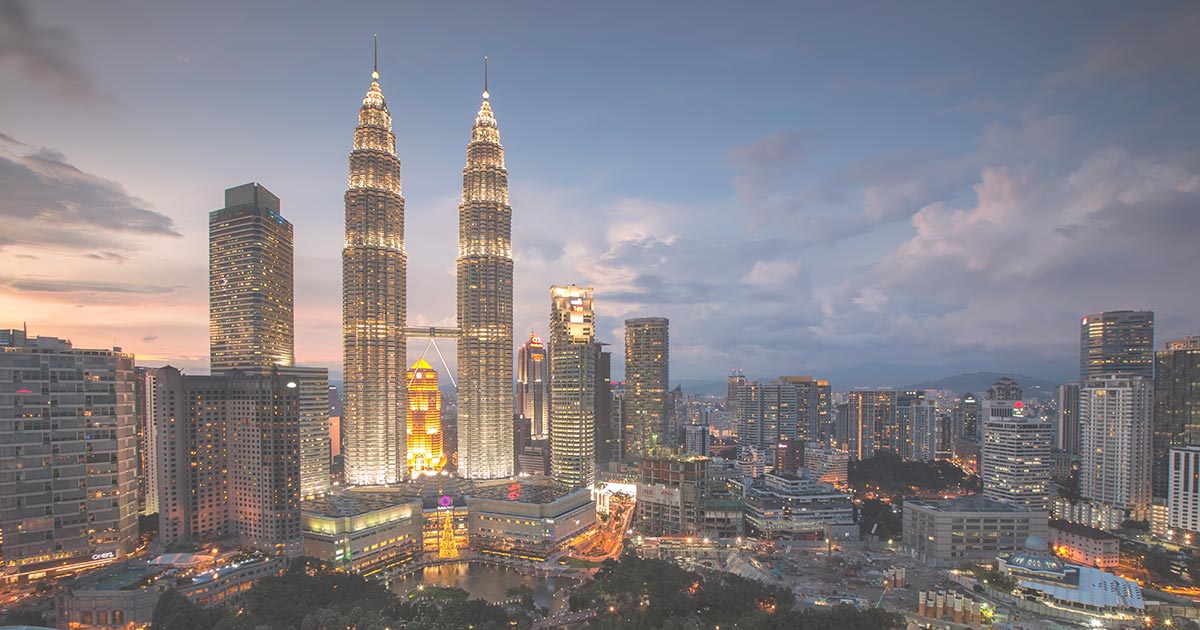While the Land Public Transport Commission (SPAD) had drawn up plans to regulate ride-hailing services such as Uber by proposing amendments to relevant laws for tabling in Parliament next month, there had been no announcement on private shelters used for renting out for a fee.
Local authorities must wake up from their slumber as other countries in the region are much more proactive in dealing with the sharing economy.
For example, the Singapore government was among the first to embrace it and Temasek had invested into Grab, similar to Khazanah investing in Uber. The city state is also hosting the Asian headquarters for Uber and Airbnb.
But Singapore authorities could see that such services are disruptive and could deteriorate if given a free hand, and has taken measures to keep them in line.
All Singaporean Uber and Grab drivers are required to obtain a vocational licence. Those without may be fined or jailed.
The ride-hailing company can be suspended for up to a month after three of its drivers are caught without proper licence or insurance, and enforcement is strict on the island.
In Malaysia, all ride-hailing drivers would also be required to obtain a vocational licence, which may be called public driver licence (PDL) or public service driver (PSD) licence, after they are regulated from next month.
These PDL or PSD licences will replace the current public service vehicle (PSV) licences issued by the Road Transport Department for taxi and bus drivers.
In South Korea and Japan, authorities have limited Uber’s operations, while its service in Taiwan was suspended.
In Singapore, officials have the right to force their way into homes to check whether residents are renting them out illegally, as local laws do not allow private properties to be rented out for less than six months.
In Malaysia, no enforcement agency has stepped forward to take the lead in addressing a potential time bomb. Needless to say, there will be plenty of finger pointing should many guests perish in a fire at one of the shelters booked through Airbnb.
Uber and Airbnb are facing increasing scrutiny by regulators globally and these new economy businesses are throwing up unprecedented growth challenges.
The sharing economy business is headed for explosive growth from around US$15 billion last year to an estimated US$335 billion by 2025.
Our regulators should not be caught flat-footed as many of them appear to be in suspended animation while licensed hotel operators are pulling their hairs out over Airbnb.
